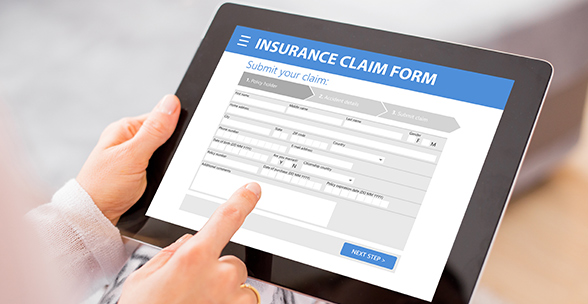ICD-10 Likely to Move Ahead
 As we near both the six months to ICD-10 mark and the congressional vote that will likely seal in that date, various surveys and updates are hitting the wire. The industry is getting a pretty clear picture of where things stand as everyone braces for ICD-10 impact on October 1.
As we near both the six months to ICD-10 mark and the congressional vote that will likely seal in that date, various surveys and updates are hitting the wire. The industry is getting a pretty clear picture of where things stand as everyone braces for ICD-10 impact on October 1.
Here are some key highlights from the latest ICD-10 news: ![]()
- Further Delays Unlikely: Most people don’t think that there will be another delay. Two-thirds of respondents to one survey said they thought the October deadline would go ahead. A recent article in Healthcare IT News indicates many senators agree.
- Preparedness: A recent survey indicated that about 21% of practice are on track with ICD-10 pre while another 23% say they don’t have the resources to begin preparing.
- Testing Moving Ahead: According to CMS, 81% of submitted ICD-10 test claims were accepted during the first ICD-10 end-to-end testing from January 26 through February 3, 2015. Testing of nearly 15,000 claims included providers, clearinghouses, and billing agencies. Overall, the results indicate CMS is ready to accept ICD-10 claims. However, most practices and billing companies indicate they have not done testing yet. In a recent study conducted by HBMA, 84% said they have not yet conducted end-to-end testing for ICD-10.
- Revenue Impact Is Biggest Concern: Nearly 60% of practices are most concerned about the impact on revenue and cash flow with ICD-10.
- But Cost to Implement Is Low: The cost to implement ICD-10 is turning out to be much lower than previously thought. According to the latest survey from PAHCOM, the per provider expenditures for small practices will be around $3,400 for a single provider practice and $1,800 per provider for a practice with six providers.
While it isn’t all wine and roses, the overall picture is pretty positive. Testing is moving ahead, the costs to implement ICD-10 are lower than originally predicted, and the October 1 deadline is likely to stay in place.
If you’ve been waiting to be sure that ICD-10 will move ahead before implementing new software or services, it is time to get going. The sooner new systems are in place the more time the practice will have to implement, train, and test for ICD-10. You don’t want to be down to the wire in September trying to implement a new billing system and prepping for ICD-10.
Find out more about the key steps to ICD-10 success and the role of technology at my upcoming free webinar, ICD-10: 4 Steps to Success, on March 19. Register Now!




















